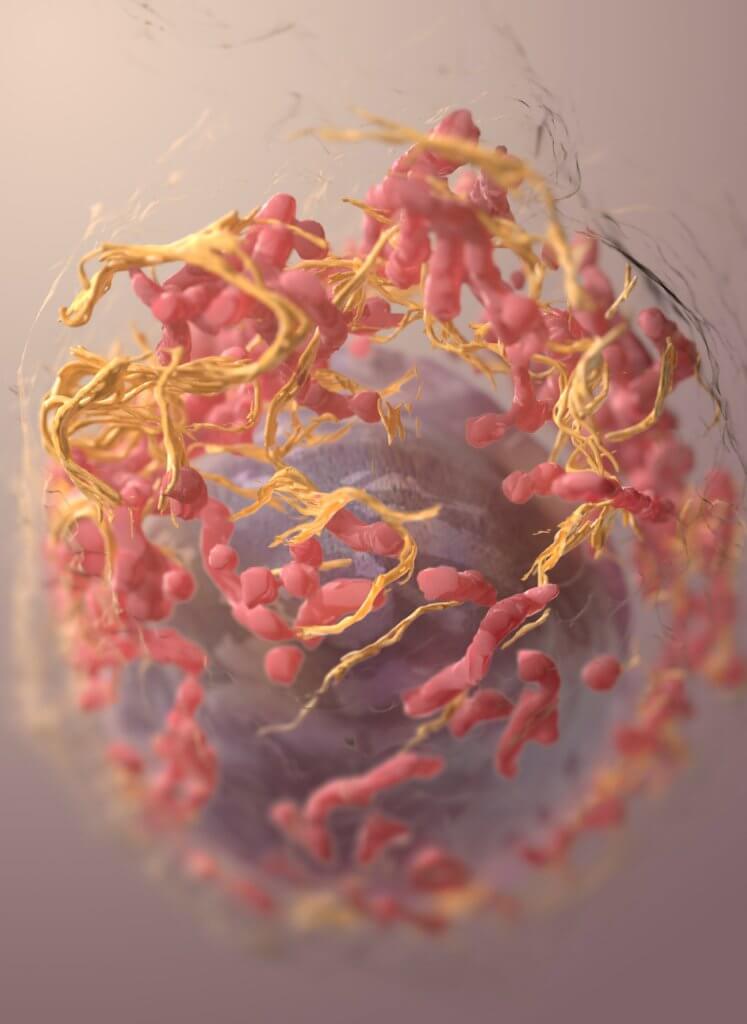Antibiotics are designed to kill harmful bacteria, and it’s well-known that issues can arise as from the damage they can cause to beneficial bacteria. Lesser known is exactly how this expansive effect that antibiotics have influences other aspects of health. A new study conducted by Emory University researchers explores this in mice with malignant melanoma, finding that broad-spectrum antibiotics decreases gut diversity in the rodents.
Scientists say the effect subsequently worsens melanoma by weakening immunity and promoting metastatic bone growth.
“Any disease or therapy that harms the gut microbiome could have a negative impact on our health,” says Dr. Subhashis Pal, a postdoctoral fellow in endocrinology at the Emory University School of Medicine.
The research team understands the idea that relates the gut to disease progression, and also how bone metastasis is a potential complication of this aggressive skin cancer. They put both concepts to the test by injecting commonly-used research tumor cells, B16-F10, into the hearts and bones of mice subjects treated with antibiotics.
Previously, they hypothesized that antibiotic use would negatively alter the gut environment, leading to detrimental effects on immune cells that line the intestine, and ultimately speeding up the bone metastasis process. Their findings supported this, revealing that antibiotic injections promoted metastatic bone growth compared to controls.

Additionally, the team uncovered the mechanism responsible for this. They used flow cytometric analysis of Peyer’s patches, which are small follicles along the intestine, as well as bone-marrow cells in tumor lesions for their investigation. Results show that depleting the gut microbiome inhibited the spread of two intestinal cells called NK and Th1.
Their work suggests that antibiotics stop the movement of these cells by close to eightfold. These cells would normally spread in the bone barrow if it weren’t for antibiotic interference, but the blockage prevents this and enhances metastatic growth.
“In our study we found that the gut microbiome restrains the progression of melanoma bone lesions in mice by promoting the expansion of intestinal natural-killer (NK) cells and T helper (Th1) cells and enhancing their migration to the tumor site,” explains Dr. Pal. “Using oral antibiotics depleted the gut microbiome and reduced the population of intestinal NK cells and Th1 cells. This made the mice more vulnerable for tumor growth. They had a higher melanoma tumor burden than control mice whose gut microbiomes were intact.”
The researchers have gathered from their work that paying attention to the state of the gut, especially when prescribed antibiotics, may be crucial for preventing serious health complications. Further, the cells studied in this research are also seen in different gut conditions like inflammatory bowel disease, which suggests that antibiotic-induced gut changes can worsen clinical outcomes for these too.
Pal presented the study results at the annual meeting of the American Society of Bone and Mineral Research in Austin, Texas.
